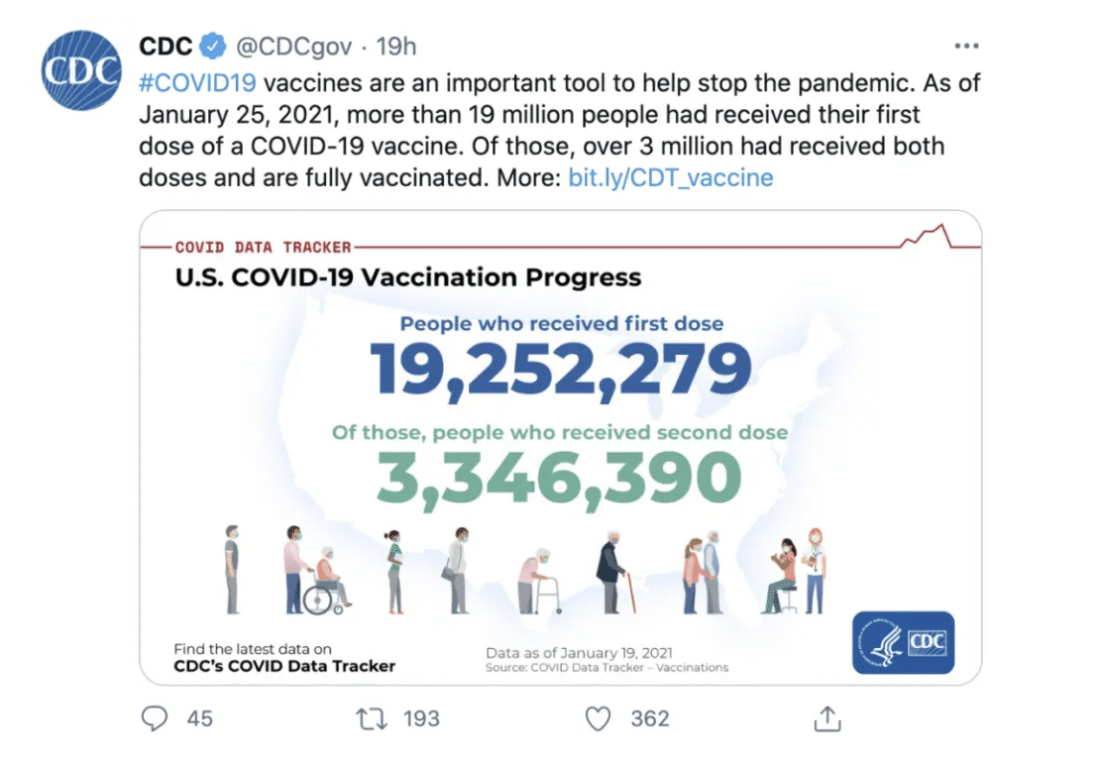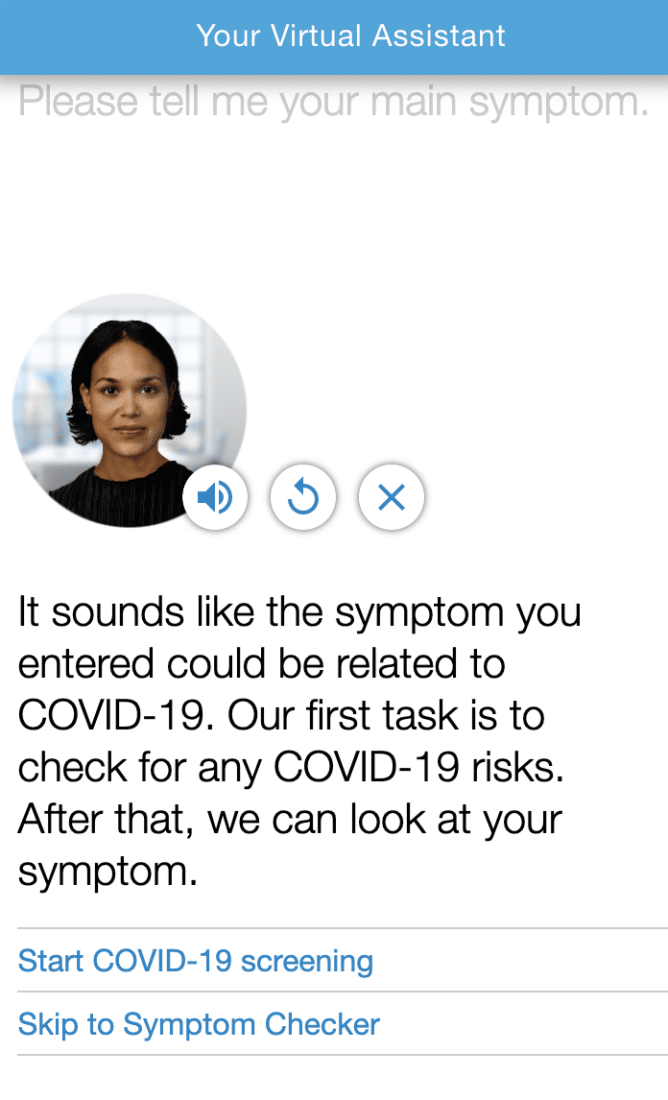If someone were to ask you which medical testing lab is your favorite, you’d probably have to take a moment to think about it, assuming you could answer at all. (Not so with, say, your favorite clothing store or happy hour spot.) Most of us don’t think about healthcare services or products until we have to. However, although the healthcare industry is its own distinct field with its own distinct mission, healthcare marketing follows some of the same general guidelines as digital marketing for other industries.
First, you’ll need a well-designed website, one that is mobile-friendly, featuring professional, trustworthy and engaging content. Gaining the consumer’s trust is paramount when presenting sensitive medical and health information. Secondly, work on defining the user-centric, or more aptly, the patient-centric experience. How will people use your site? Are they looking for interactive tools, advice or multimedia content?
Next you’ll need a comprehensive social media plan with specific platforms and channels, integrated through omnichannel, or multi-channel, marketing. A survey by Accenture reviewed how patient attitudes have changed over the last three years, indicating they would prefer more digital and mobile options for managing their healthcare, such as prescription e-refills. Last (but certainly not least), there’s search engine optimization. Without well-defined SEO, none of the other strategies will matter.
Healthy Website: Content, Content, Content
There are several brands in the digital healthcare industry—healthcare providers, hospitals, clinics, medical research, treatment centers, and more. According to Tronvig, a brand strategy and management consulting firm, branding in healthcare is all about differentiation and authenticity. In order to cultivate brand loyalty, consumers and patients need to understand how you stand out from your peers. That’s where your website content and patient-centric experience comes in.
Typically consumers seek out healthcare websites and services following a medical event or to research specific conditions and symptoms. In order to magnify your message and make it dynamic, you need to deliver all different types of content, from videos and blogs to expert Q&As and patient testimonials. Whether a consumer is on their laptop or mobile device, there is a strong educational component in searching for health information and medical advice, which is why messaging is so critical.
Online forums featuring patient reviews should be monitored to gauge consumer sentiment, as well as potential improvements to consider. For example, over 90% of healthcare patients report that online reviews made a difference in their decision making process when looking for health providers.
In certain circumstances, physicians and specialists can seem unapproachable. That’s why this video from Adventist HealthCare featuring a heart surgeon is so effective; it engages the user while including minimal yet effective branding. And it humanizes the (Dunkin’ coffee-drinking) surgeon.
The Patient-Centric Experience: Show Your Human Side
Healthcare marketing encompasses sectors across the board like providers, insurers, suppliers and advocacy groups/nonprofits which are all clamoring for your attention and business. Similar to any digital marketing strategy, the medical field is looking to attract new consumers, retain its current audience, and increase overall awareness of their brand.
One of the biggest challenges facing the healthcare industry in terms of branding is overcoming resistance to change and innovation. They’re tasked with building trust with consumers and patients while also preserving their offline reputation, most likely one that has been cultivated over a long period of time. The industry must also adhere to regulations such as HIPAA compliance.
That said, consumer expectations for online healthcare have exploded in the era of Covid, with telemedicine appointments and one-on-one consults increasingly important. According to eMarketer, in January 2020, there was only an 11% adoption rate of tele-health by U.S. adults over 18; in March that number jumped to 30%. As a result, providing online medical services today is practically a prerequisite, and definitely worth promoting in your marketing efforts.
In addition, inserting practical applications such as patient portals into your website can help personalize the patient-centric experience. But engaging visitors with compelling and emotional patient testimonials, such as this one from Memorial Sloan Kettering Cancer Center and its emphasis on clinical trials, can build trust in a matter of minutes.
Social Reach: Handles with Care
Today 75% of Americans use social media to research their health symptoms. Roughly half of U.S. adults report getting their news and information from social media exclusively. That said, medical authorities have played an integral part during the pandemic, from addressing Covid-19 misinformation to activism. This was especially true with the vaccine, which health professionals scrambled to address on social channels like Facebook and Twitter.
For example, Facebook has removed 12 million posts (including on Facebook-owned Instagram) for promoting misinformation and disinformation surrounding Covid. The World Health Organization referred to it as an “infodemic” of misinformation. Healthcare authorities can successfully leverage social media for audience outreach concerning medical facts and resources, and project an authoritative voice.
When Covid vaccines began rolling out, the Centers for Disease Control and Prevention created a social media campaign promoting the vaccines which included daily tweets providing straightforward information and links back to their website’s special section on Covid.

Social media is a powerful tool for promoting news, information, facts and your brand. The right influencers and micro-influencers can extend your reach as well. The actress Sharon Stone, who had suffered a brain aneurysm, was part of a viral 2003 ad campaign produced by the American Stroke Association and the Ad Council to spread awareness about the early signs of a stroke. The ads appeared on YouTube, clearly demonstrating how the video platform has been able to adapt with the times; it’s another viable channel to extend your brand.
Search Me: Site Unseen
Remember that quality content can be a huge pull so make sure to keep it updated and timely; articles and blog posts will be dated accordingly in the search results. This can have a huge impact on SEO, due in part to Google’s freshness algorithm. In other words, if your content is current, your site is more likely to receive higher rankings, and vice versa. Additionally, pay attention to your keywords—words and phrases that describe the content on that page—which can improve search rankings.
Artificial Intelligence can boost SEO as well; for one, when users engage with a chatbot, they’re staying on your site for longer periods of time. For example, Sensely, which provides virtual assistant solutions to insurance companies, pharmaceutical clients, and hospital systems worldwide, created a popular chatbot named “Molly” that can interact with consumers concerning symptoms using information from the Mayo Clinic.

In conclusion, healthcare brands need to use all the digital tools available to them to engage their audience, gain their trust and build upon the patient-centric experience. An informed consumer who views you as the authority on the issues they care about will be less likely to seek out other brands, whether on your website or through digital and social media. And maybe someone like Molly can help.
Feature image by PublicDomainPictures from Pixabay





Join the conversation